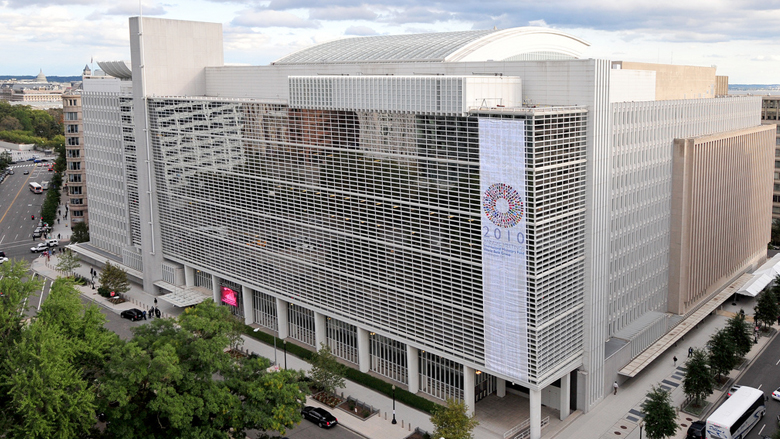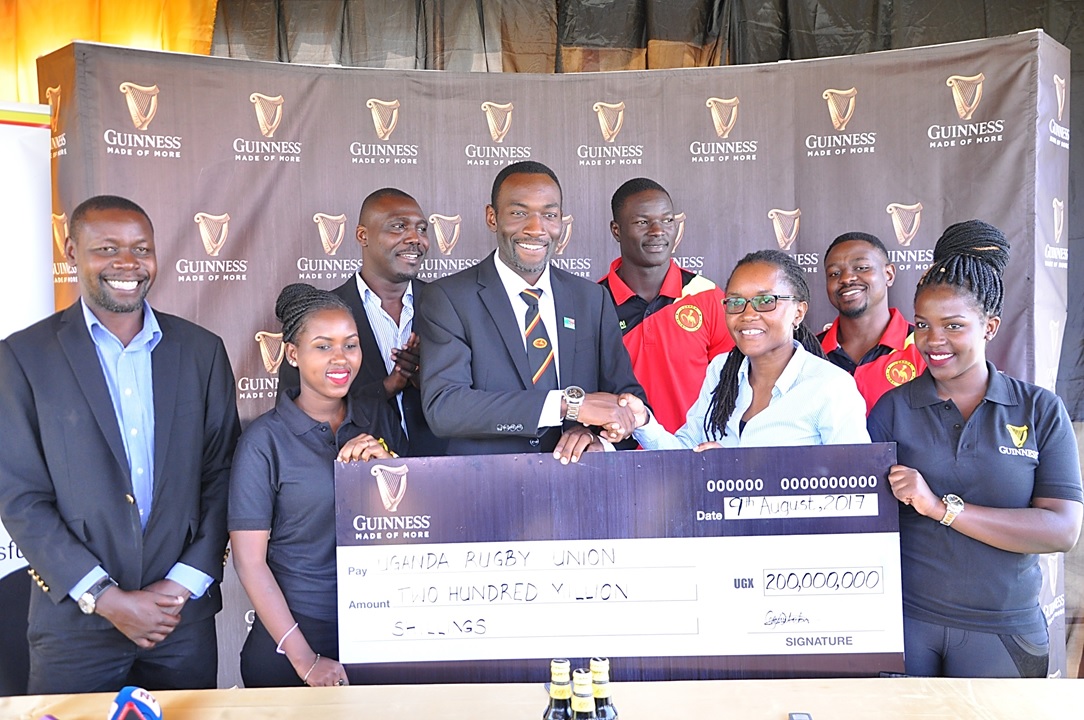After 12 years, Africa correspondent Sally Sara returns to Uganda to be reunited with “one of the most important people” she has ever met, only to discover she has also left a lasting impression.
When Africa correspondent Sally Sara returned to assignment in Uganda her first visit to the country in more than 12 years she discovered there was a small surprise waiting for her.
Sometimes a piece of advice stays with you.
The words that stay with me are from my late colleague, ABC journalist Paul Lockyer. Paul often said, “It’s one thing to visit a place, it’s another to be able to go back”.
Paul was frequently invited to go back. His respectful coverage of people enduring trauma earned him a welcome in so many places.
Paul’s advice is in my thoughts as I arrive in Entebbe. This is my first visit to Uganda in 12 years. It’s always been one of my favourite countries in Africa. It’s beautiful, friendly and with afternoon thunderstorms that I’d buy tickets to watch.
But there’s something more to this place, much more.
One of the most important people I’ve ever met lives here. She’s not a president or an MP. She’s Hellen. Hellen Lanyom. She lives near the town of Gulu in northern Uganda.
She’s a big, tall, strong woman from the Acholi tribe, a woman with a gentle voice and a gracious mind.
Hellen was a hard-working mother waking, working and sleeping to rhythms of village life.
But that all that was predictable and comforting changed in a few terrifying, scattered minutes.
Hellen was sharing the soil with danger. The lush green countryside that gave life to her crops also grew long grass and thick bush where the rebels from the Lord’s Resistance Army (LRA) could hide.
Their political agenda was so weak and their support so thin, they kidnapped children to fill their ranks. They snatched thousands from under mosquito nets in huts, from schools, the fields or just an unlucky stretch of road.
It was child soldiers from the LRA who burst into Hellen’s compound, trembling children armed with machetes. Their commander ordered them to cut off Hellen’s lips, they did. It was the kind of random, senseless mutilation that the LRA wrought on the community.
With that butchery, Hellen’s life was changed. The war left her wounded and widowed.
She cried the first time she saw herself in the mirror after the attack. Wept, sobbed.
Her face as she knew it was gone. She braved stares and comments. It took a long time for her to accept herself, let alone be accepted by the community again.
She threw herself into survival. She farmed and fed her children and grandchildren. They all slept together on mats in her hut. She was loved and was the strength for a large extended family.
I first met Hellen more than a decade later, in the early 2000s. I was in Gulu interviewing civilians who had been attacked.
When Hellen and I sat down to talk outside her hut, I would often check over her shoulder if the grass was rustling. There was always a fear the LRA could come back. Well, fear for me Hellen said there was nothing more they could do to her for she didn’t fear them at all.
I did a few reports in Gulu and met Hellen each time. When I was finishing my posting for the ABC, after five years in Africa, I had an invitation from a publisher to write a book about my experiences.
I thought about it for a while and I knew that wasn’t the book I wanted to write. I wanted to write a book about women like Hellen. Women who had taught me a lot and so I did.
After I completed my ABC stint, I set off on my own to interview 12 women across the continent.
The first stop was Hellen’s hut near Gulu. We spent almost a week together. I would interview her for an hour or two each day about her life story.
On paper she’s an uneducated woman, but she gently delivered her wisdom. God, family and forgiveness held her together. Staggering forgiveness.
How can you forgive someone who slices your face in jagged pieces? But how can you not when it’s a frightened child who inflicts the injury?
It was almost two years before I finished writing the book. I sent a copy to Hellen via a courier, a friend and a motorbike. It wasn’t long before people were asking about her. Some kind Australian families decided to offer assistance.
They sent money, helped Hellen to buy land and paid school fees for her granddaughter. Good people. Kind people.
I wasn’t sure if I would ever see Hellen again. She was already in her sixties — a long life for anyone in northern Uganda. I would hear her updates on her family and send money when I could.
‘Leave it to God to judge’
Twelve years later, the last stretch of the journey to Hellen’s house seems to take forever. We try one dirt track after another; we get bogged, towed out, almost get bogged again.
It takes four hours to travel the 47 kilometres from Gulu. The final few hundred metres is through long grass, with no road at all.
Then I see her. Flashes of her through the grass, still tall and strong. I step out of the car, start crying and just hug her. And again, she pulls back for a moment, the way grandmothers do to have a good look at you.
“You’ve got bigger,” she says, the way grandmothers do.
Her dark hair is now grey. Her face is different after a few attempted operations over the years but she is her and I am me.
“I have to hug you again,” I tell her.
I brush nothing off her shoulder, the way you do when you can’t quite believe someone is in front of you after so long, just to touch again.
The grandchildren who were little 12 years ago are now grown up. Hellen’s in a proper house now, not a hut. She’s on her ancestral lands with all her relatives. They brought her here a few years ago, because they thought she was going to die. They wanted her to be surrounded by family and she is.
She’s alive, but life is still a struggle.
“How old are you now?” I ask her.
She doesn’t know. “I’m older than the President,” she laughs.
She doesn’t just talk to me about Uganda’s President. She know much about what happens in the world, beyond the swaying grass of this place. She talks about US President Donald Trump and shakes her head in worry.
Northern Uganda is now in peace. The Lord’s Resistance Army has taken its terror elsewhere. The war is long gone. Many of the former child soldiers who killed and maimed members of their own community are now back home.
Hellen holds no hatred.
“What you should never do,” she says, “is to have a spirit of revenge — just leave it to God to judge.”
A little surprise
I thought that’s where this story would end, but there was a surprise waiting for me in Uganda.
Hellen has a great-granddaughter. When the little girl was born, the family named her Sally Sara. Little Sally is now five years old, with dark shiny skin, quick eyes and tiny plaits.
I’m biased, but she is the most beautiful kid.
I have dinner with her family and some friends in Kampala. Whenever someone says Sally in conversation at the dinner table, little Sally Sara and I both turn around at the same time.
It makes her giggle.
I catch Sally staring and studying me when she thinks I’m not looking and she catches me doing the same. We look so different, but we are tied together by name and by the story of her great-grandmother.
For all the deadlines and all the 24 hour news, sometimes there are people who deserve a longer conversation and respect that lasts longer still — people who change the way you think.
For me, that’s Hellen Lanyom from Uganda.
As Paul Lockyer said, it’s one thing to visit a place, it’s another to be able to go back.
Credibility: http://home.nzcity.co.nz/news/article.aspx?id=257429




